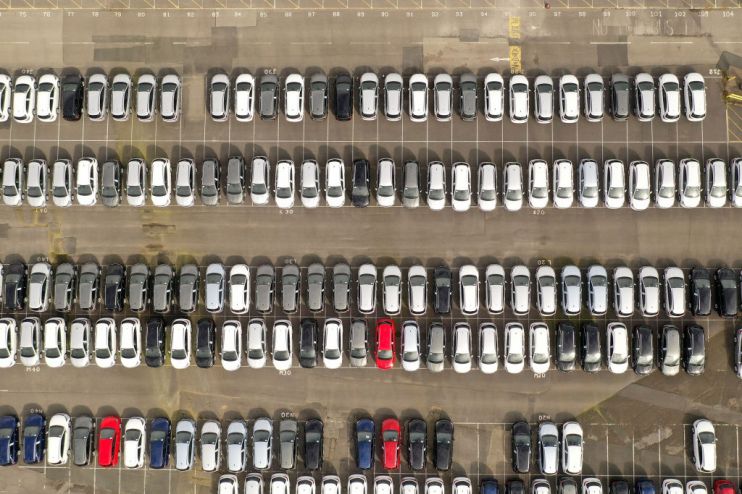UK firms receive over £5bn in subsidies for company cars

UK companies received a total of £5.1bn from the government in subsidies for buying company cars, new data released today showed.
According to a survey carried out by campaign group Transport & Environment, European governments as a whole have shelled out €32bn (£29bn) on such subsidies, most of which goes towards diesel and petrol vehicles.
Germany, the continent’s largest car market, provided the biggest incentives, giving firms €12bn in total to purchase such vehicles.
The UK was the second highest provider of subsidies, while Poland came in third at €4.5bn.
At the moment, European businesses are given considerable incentives by their respective governments to buy company cars, including VAT returns and depreciation write-offs.
At the moment, six out of every 10 cars sold in Europe is a company car, meaning that taxpayers are subsidising diesel and petrol vehicles which are damaging the environment.
Transport & Environment said that switching from fossil fuel powered cars to electric vehicles would save firms €4,300 per car on average.
Before the Open newsletter: Start your day with the City View podcast and key market data
Saul Lopez, e-mobility manager at Transport & Energy, said: “Electric cars are already the best choice for corporate fleets which clock up high mileage and care about overall costs, not sticker price.
“Yet most company cars have polluting engines. Why should taxpayers effectively subsidise the pollution of company cars when electrics are cheaper to use?”
Forcing companies to replace petrol and diesel vehicles with electric ones would be “low hanging fruit” for those governments looking to achieve landmark climate goals, Transport & Energy said.
By 2025, governments should only allow companies to buy electric cars, it added.
Lopez added: “Company cars are driven more so they pollute more. They are the perfect place to start addressing the toxic air crisis and the climate impact of road transport.
“Governments, the EU and cities should pick this low-hanging fruit so that all new company cars are electric by 2025.”